Inferno Canto 11
OVERVIEW
Jenny Howell is the Director of the Theology, Ecology, and Food Justice Program at Baylor’s Truett Seminary. Her research explores creation, Dietrich Bonhoeffer, and agrarianism.
Questions for Reflection
- In this canto we pause in the journey to listen to Virgil as he describes the moral landscape of hell. What are some surprising details about its arrangement? Why do you think Dante the Poet has designed his Inferno in such a way?
- Why are sins of Fraud considered morally worse than those of incontinence and of violence? In what ways does Dante’s arrangement challenge some of our contemporary moral assumptions? Are there aspects of Dante’s moral vision that we should reclaim?
- What are the three types of violence that Virgil discusses (11.31ff) and how are they different from the vice of wrath in circle 5? Is this a credible account of violence as forms of malice?
- The pilgrim inquires the most about the sin of usury (or loaning money at exploitatively high interest rates). Dante’s concern is related to Florence’s reputation as a major banking center in the Italian peninsula. How is usury an act of violence against God and nature (11.94-111)? What moral challenge does this message pose to us who live and work in our global economy?
DETAILS
- Dr. Jenny Howell
- Baylor University
- Run Time 6:53








